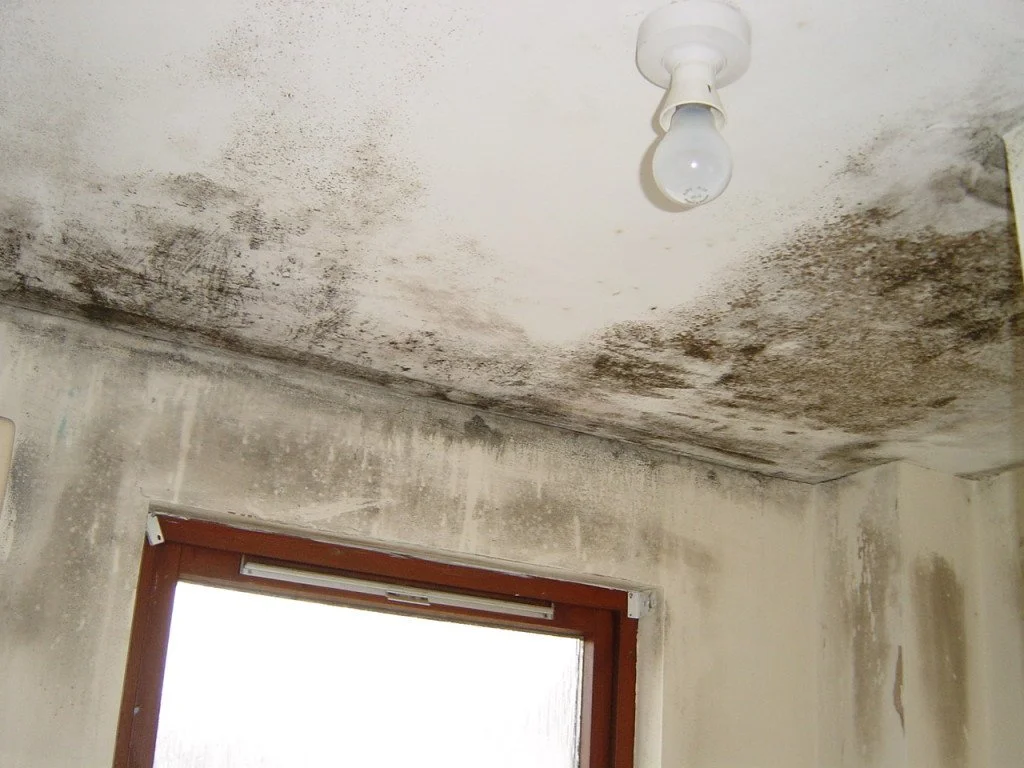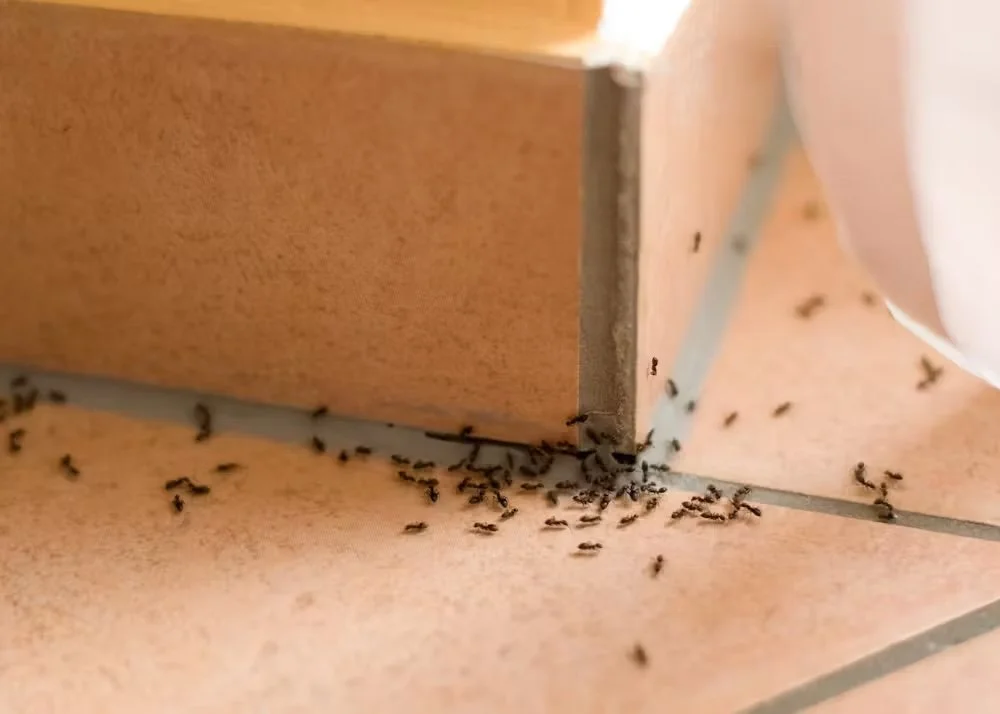$100 Off Rodent Treatment
•
Free Inspection
•
$50 Off New Customers
•
$100 Off Rodent Treatment • Free Inspection • $50 Off New Customers •
HOW TO GET RID OF AN ANT INFESTATION
When ants invade, they can be difficult to eliminate. When DIY solutions don't work, you can rely on Ezekial Pest Control tech to provide effective ant control for your home and family.
or call 347 501 3439
What Causes Ant Infestations?
Analyze
More than 30 types of cockroaches commonly invade homes. Identifying the specific species is crucial to finding the right solution. Ezekial Pest Control.Inc can help eliminate American cockroaches, oriental cockroaches, flying cockroaches, and more.
Safeguard
Add your pricing strategy. Be sure to include important details like value, length of service, and why it’s unique.
Reinforce
Add your pricing strategy. Be sure to include important details like value, length of service, and why it’s unique.
Monitor
Add your pricing strategy. Be sure to include important details like value, length of service, and why it’s unique.
Record
Add your pricing strategy. Be sure to include important details like value, length of service, and why it’s unique.
Follow Up
Add your pricing strategy. Be sure to include important details like value, length of service, and why it’s unique.
How Ezekial Pest Control Gets Rid Of Ants
Before recommending any ant treatment solutions, our highly trained pest management professionals will need to understand your specific situation. Our ant removal process will vary depending on the ant species, the size of the infestation, and its location. To recommend the best solution and prevent future ant infestations, your technician will identify entry points, nests, and travel paths. They will then use a combination of residual materials and baits to help eliminate the colonies present.
Ants are social insects that live in colonies. When addressing ant problems on your property, we commonly use non-repellent insecticides, which are undetectable to pests. Because ants are unaware of their presence, many other ants are exposed to the product, which is ideal for managing social pests.
Once ants come into contact with the non-repellent insecticide, they carry it back to the colony. This is known as the "transfer effect." Ants can pass the insecticide to other ants through grooming and feeding, inadvertently spreading the toxic substance throughout the colony and helping to eliminate it.





